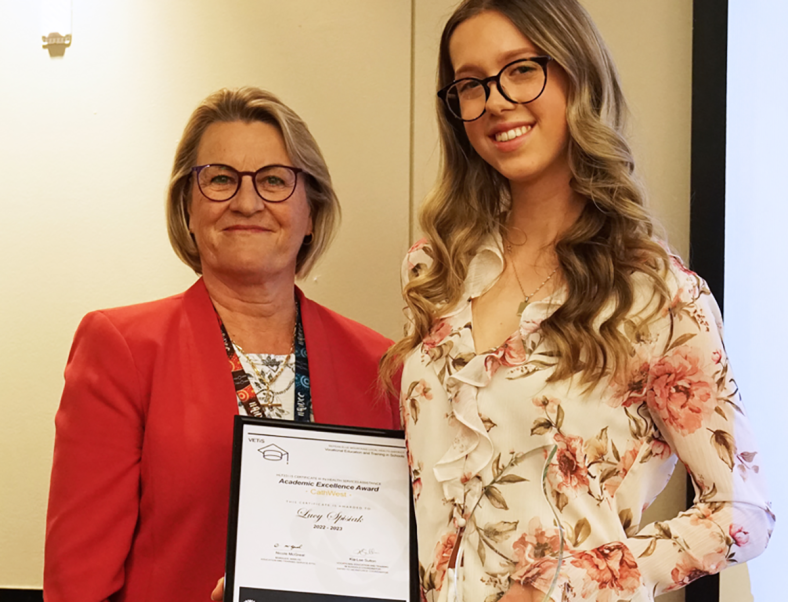
Recent notable books by University of Washington faculty members explore the legal history of Indigenous nations and the mentoring benefits of fan fiction. Plus, a UW anthropologist’s book is honored, a former English faculty member is remembered in a biography, and UW Press brings out paperback editions of three popular titles.
Alexandra Harmon’s ‘Reclaiming the Reservation’ examines effects of 1978 Supreme Court decision on tribal sovereignty
A new book by Alexandra Harmon, University of Washington professor of American Indian Studies, explores the legal history of Indigenous nations claiming regulatory power over their reserved homelands – and the “promises and perils” of relying on the U.S. legal system in such matters.
Harmon’s “Reclaiming the Reservation: Histories of Indian Sovereignty Suppressed and Renewed” was published in July by University of Washington Press.
In the 1970s, Harmon writes, the Quinault and Suquamish tribes, among dozens of Indigenous nations across the United Stated, asserted their sovereignty by applying their laws to all people on their reservations, and this included arresting non-Indians for minor offenses.
“Tribal governments had long sought to manage affairs in their territories, and their bid for all-inclusive reservation jurisdiction was an important, bold move, driven by deeply rooted local histories as well as pan-Indian activism,” Harmon wrote. “They believed federal law supported their case.”
However, this effort ended with a 1978 U.S. Supreme Court ruling that non-Indians were not subject to tribal prosecution for criminal offenses. “The court cited two centuries of U.S. legal history to justify their decision but relied solely on the interpretations of non-Indians,” Harmon writes.
In “Reclaiming the Reservation,” Harmon looks at the histories of Quinault, Suquamish and other tribes to explore the roots of their claims of regulatory power in their reserved homelands. She also shows how tribes have responded in the decades since 1978, “seeking and often finding new ways to protect their interests and assert their sovereignty.”
“Harmon brilliantly explains how tribal nations have sought to assert sovereignty through the extension of civil and criminal jurisdiction over non-Indians living within the boundaries of their nations,” wrote reviewer Daniel M. Cobb of the University of North Carolina at Chapel Hill. “‘Reclaiming the Reservation’ is precisely the kind of history that the field desperately needs.”







